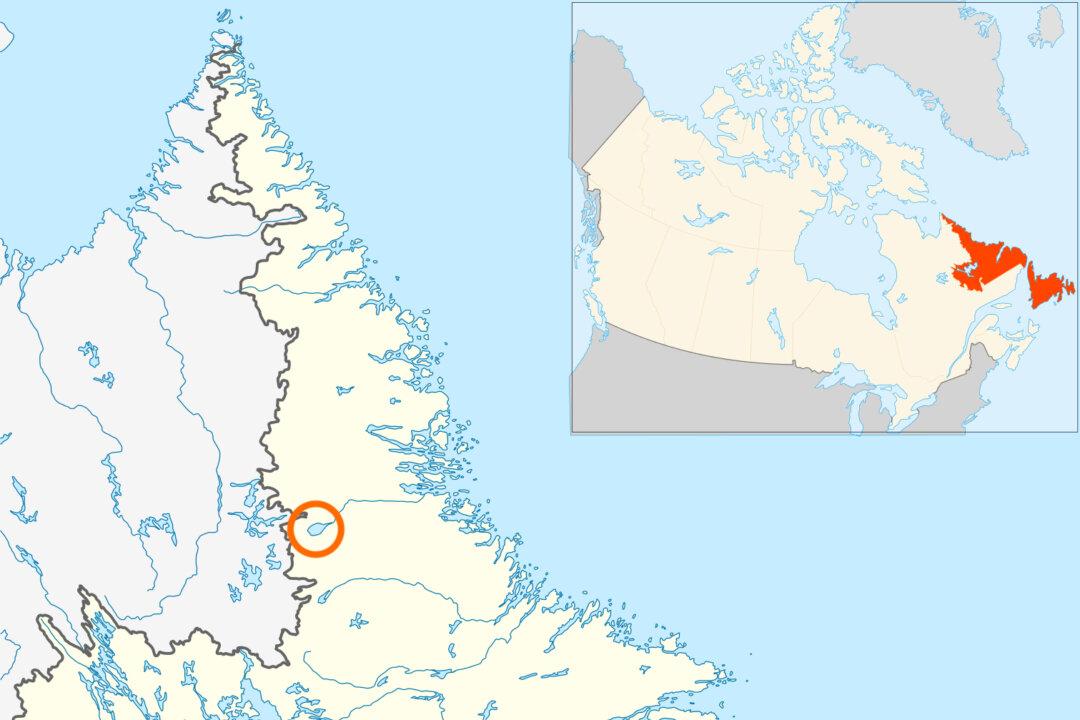Conservative Leader Andrew Scheer says that if elected prime minister, he will put an end to “illegal” border crossings in Canada.
Scheer included that as one of several general commitments outlined in a speech delivered in Toronto May 28 outlining his vision for immigration in Canada—part of a series of broad policy announcements ahead of the fall federal election.





